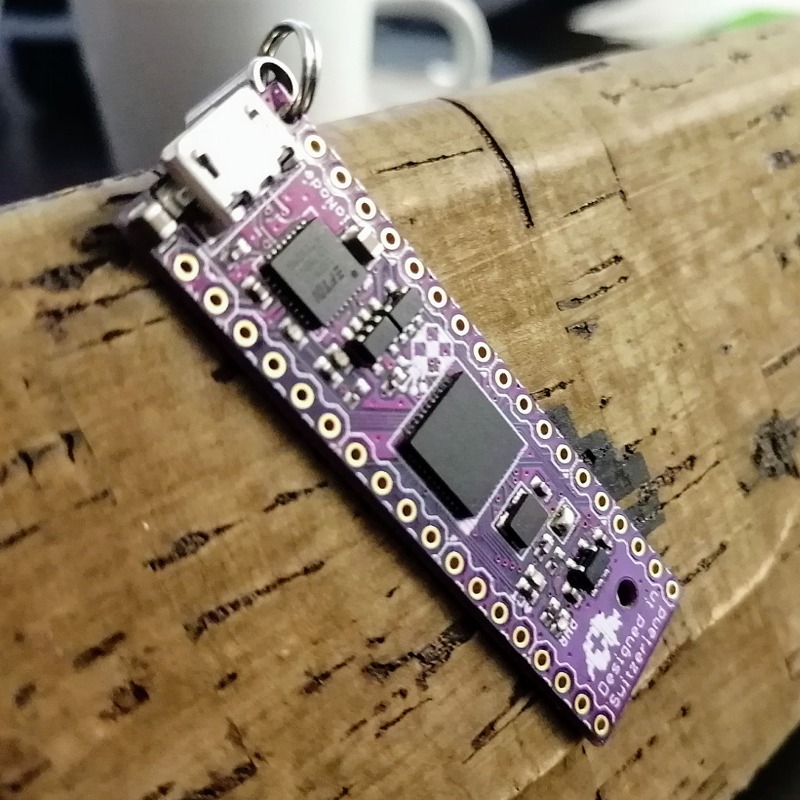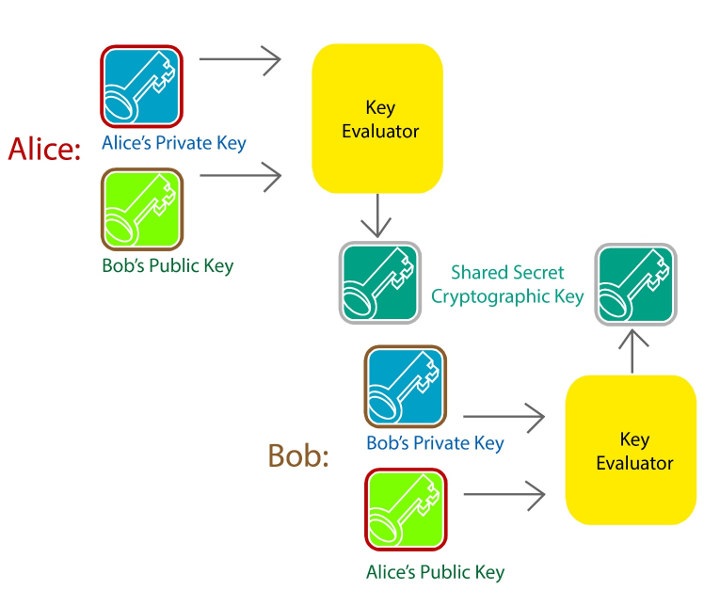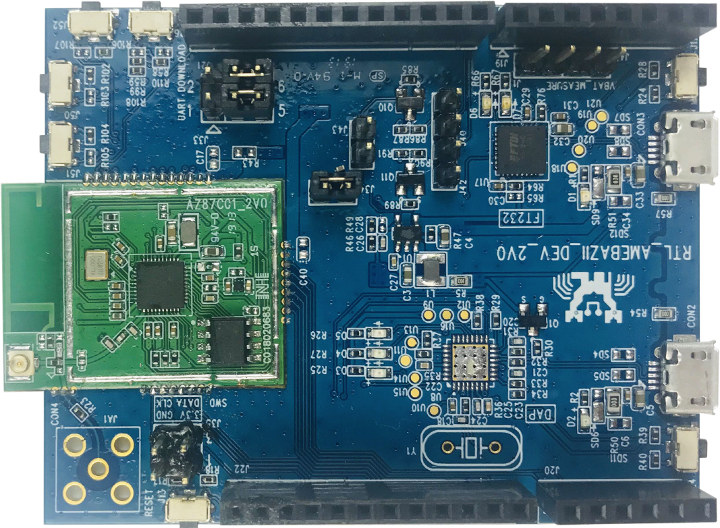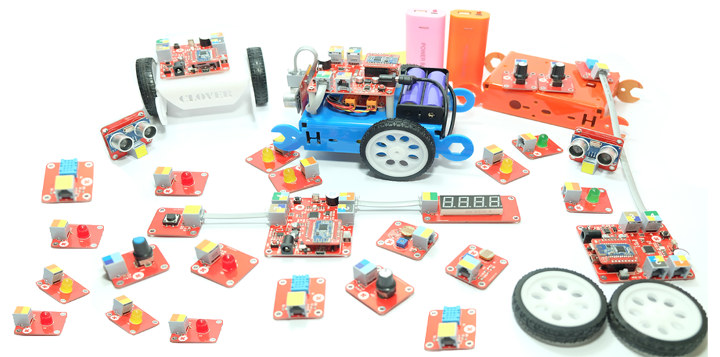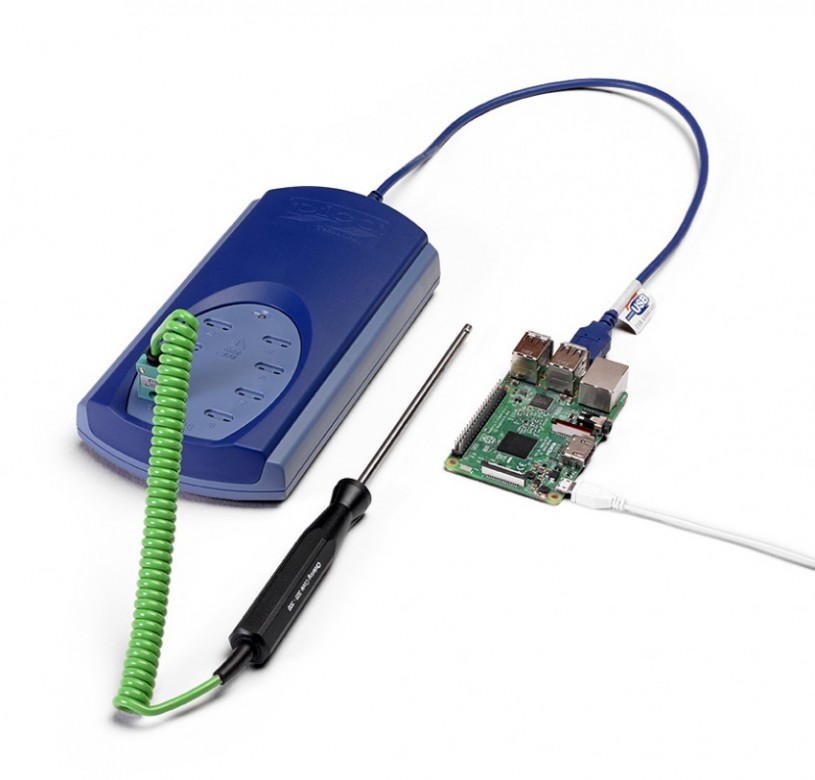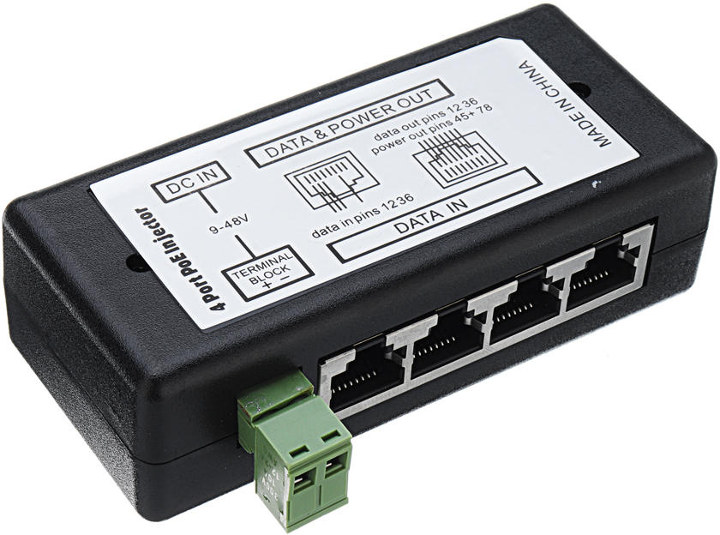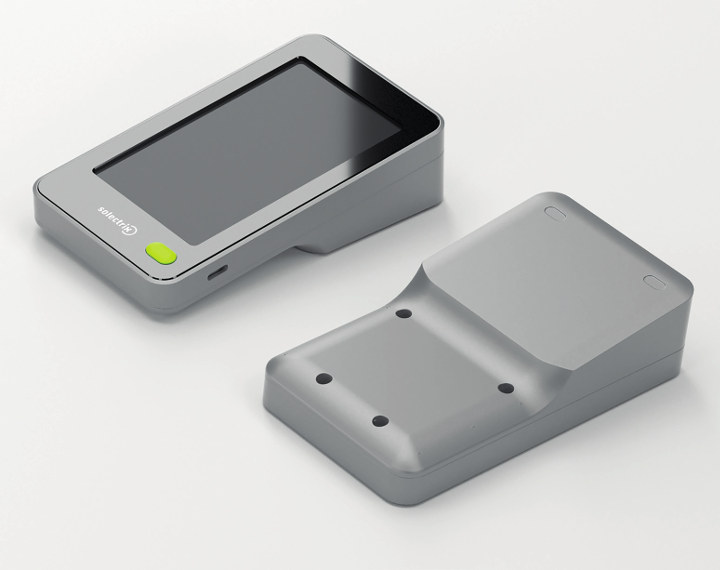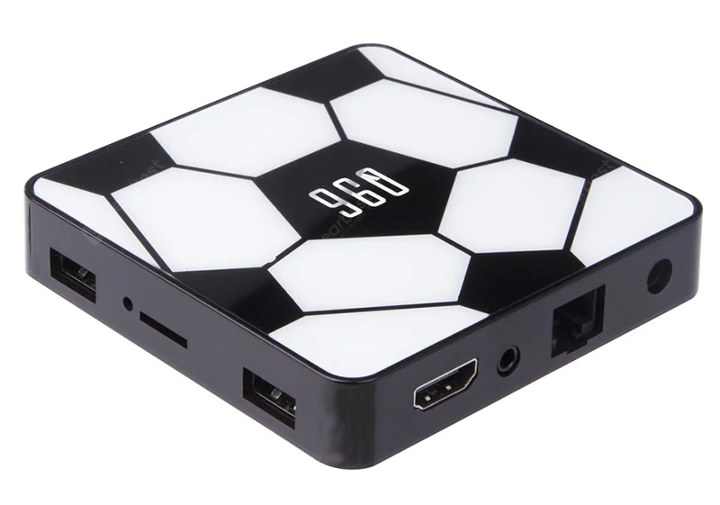The new Dooba ioNode development board is multifunctional and can be used for projects with space limits. The board features Microchip ATMEGA1284P AVR microcontroller, Dooba’s open-source embedded development ecosystem boasts of a variety of add-on modules which provide the board with increased functionality. These modules will work perfectly with the board and with any project that supports an SPI interface. Some of these add-on modules are: An Aecho MP3 player Nomad LiPo battery Inpad user input module MicroSD socket in SIP or DIP versions The development board is available with either male or female headers. It is also shipped with an IOPROTO prototyping board. You can also choose whether you want the headers already soldered on the top, bottom, or not soldered. The ioNode also features a USB port with USB-UART for programming. Specifications of the Dooba ioNode Core CPU Clock: 10MHz Flash: 128 Kb RAM: 16 Kb I/O 29x […]
Group Theoretic Cryptography (GTC) Offers an Alternative to TLS’s ECC/RSA Security for Microcontrollers
The Transport Layer Security (TLS), sometimes incorrectly referred as its predecessor: Secure Sockets Layer (SSL), helps securing messages over the network using symmetric cryptography, and optionally public-key cryptography (aka asymmetric cryptography). This works well in servers and computers, but with the Internet of Things, even low-power sensor nodes would benefit from secure communication. The trouble is that today’s commonly-implemented RSA- and Diffie-Hellman-type public-key protocols have a memory footprint that will not fit on resource-constrained microcontrollers systems, e.g. Arm Cortex-M0 based ones, and power consumption may also be an issue since many of those are battery-powered. I’m writing about this topic today, as there may be a better alternative for resource-constrained microcontrollers which I noticed in Arm Techcon 2019 schedule, with SecureRF Corporation’s session entitled “When it comes to connect IoT devices, how small is small?” that will present an alternative to TLS’s ECC and RSA based security that relies on […]
Ameba Z2 IoT Board Features Realtek RTL8720CM Armv8-M KM4 Secure Wireless MCU
In 2016 we discovered Realtek Ameba wireless microcontrollers combining an Arm Cortex-M3 core with WiFi connectivity, and that could potentially become an ESP8266 competitor with modules selling for as low as $2. But the solution never really took off, because it was about the same price as ESP8266, and the latter already had a solid software ecosystem and community. But RealTek has now introduced a new Ameba Z2 IoT development board powered by RTL8720CM microcontroller featuring an Armv8-M KM4 core clocked at 100 MHz. What’s an Arm KM4 core you may ask? Seeed Studio informed me Arm and RealTek worked together on the KM4 core, so it looks like a custom Armv8-M microcontroller. Ameba Z2 IoT Development Board Ameba Z2 (ZII) specifications: Wireless MCU – Realtek RTL8720CM single core Armv8-M KM4 core @ 100MHz with 4.2MB internal RAM, WiFi and Bluetooth radios Storage – 2MB external flash on module Connectivity […]
Arduino based Clover Platform Targets STEM Education in Vietnam
We’re already seen there’s an active maker community in South East Asia with products such as KidBright32 educational board in Thailand, and Singapore & Thailand based MakerAsia’s recent launch of the open-source KB-IDE for ESP32 targets. Vietnam based Clover Team also introduced a STEM platform for students late last year with hardware, an IDE, and a mobile application. The team has made three educational kits: Clover EDU Basic with Clover Master Board and basic modules Clover Car Robot with Clover Master Board, motor, motor driver module, line sensor, distance sensor, Bluetooth module Clover Inventor that includes all items from Clover EDU Basic and Clover Car Robot plus a WiFi module. The Master board is compatible with the Arduino UNO platform (software-wise) and comes with the following key features: Connectivity – Header for ESP8266 WiFi module Expansion – 4x RJ11 ports for input and output with color signs, and compatible with […]
PicoLog 6 Beta supports Raspberry Pi 4, 3B and 3B+
One of the most popular computer platforms, Raspberry Pi has not been supported for Pico’s advanced datalogging software, up until now. The PicoLog 6 datalogging software is now compatible with Raspbian Stretch or later OS. The software has been designed for quick access to simple or complex acquisitions, and enabled to record, analyze or view data of almost any type. TC-08 Thermocouple Datalogger with Raspberry Pi 3 board Real Power It is essentially the same software that runs on Windows, macOS, and Linux, with a few differences to take advantage of the capability of the lower-powered Arm processors. Producing a powerful datalogger for the Raspberry Pi SBC platform. The PicoLog 6 is optimized for Raspbian Stretch and runs the Raspberry Pi 4, 3B and 3B+ SBC’s. The core of the utility is an easy to use visual interface that allows for an almost out-of-box use to the program. Features Making […]
3 Ways to Power Devices with PoE: Wall Plug, Multi-port Injectors, and Injector/Splitter Cables
I regularly browse new arrivals feeds of popular websites to look out for interesting products, and I’ve noticed Banggood has several inexpensive PoE plugs and injectors going for around $6, which is quite cheaper than I would have expected. Apart from MatchX LoRaWAN gateway, I’ve never really used PoE to power devices, but I may soon have another look on Raspberry Pi 4 board with a third-party PoE HAT. PoE is mostly interesting if you need to run long cables to your boards or IP cameras since using a single Ethernet cable for data and power saves on cabling. 24V/48V PoE Plugs for the European market Banggood had three PoE plugs with prongs made for the European market: 48V/0.5A (24W) PoE Wall Plug 12V/1A (12W) PoE Wall Plug 24V/1A (24W) POE Wall Plug All three plugs are visually identical with a LAN port to connect to your router, and a […]
Solectrix SX Mobile Device Kit Runs Linux or Android on NXP i.MX8M Mini Processor
In the last two years or so, we’ve seen the development of Linux phones that are expected to launch in the next few months with products such as PinePhone, Purism Librem 5, or even Necunos NC_1. Solectrix SX Mobile Device Kit also targets Arm-based mobile devices, but it is somewhat different, as the i.MX8M Mini development kit aims to help with the design of Android or Linux mobile devices with software, hardware and housing available, but more geared towards specific business use cases, as it comes with optional Gigabit Ethernet and USB-to-UART ports, and no cellular connectivity. Solectrix SX Mobile Device Kit (MDK) specifications: SoC – NXP i.MX8M Mini single to quad-core Cortex-A53 processor clocked at up to 2.0GHz, Arm Cortex-M4F @ 400MHz, and 2D / 3D GPU (OpenGL ES 2.0) System Memory – 2GB LPDDR4 Storage – 8GB eMMC Flash, microSD card slot Display – 4-lane MIPI DSI; capacitive […]
RK3229 Powered Q96 Smart Android 9.0 TV Box Sells for $19.99 (Promo)
A few years ago, it was pretty easy to buy ultra-cheap under $20 TV boxes, but with the RAM and flash memory prices increase, companies were unable to provide such good deals. Prices have now come down to earth, so deals may pop-up from time to time, and one of those is for Rockchip RK3229 based Q96 Smart TV box running Android 9.0 with 1GB RAM and 8GB flash that currently goes for $19.99 on GearBest with coupon GBCNQ9601. [Update: GBCNQ962 coupon can be used for the 2GB version bringing down the price to $25.99] Q96 Smart specifications: SoC – Rockchip RK3229 quad core Arm Cortex-A7 processor up to 1.5GHz with Arm Mali-400 MP2 GPU System Memory – 1 or 2GB DDR3 Storage – 8GB or 16GB flash, microSD card slot Video & Audio Output – HDMI 2.0 up to 4K @ 60 Hz + AV port with composite and […]


